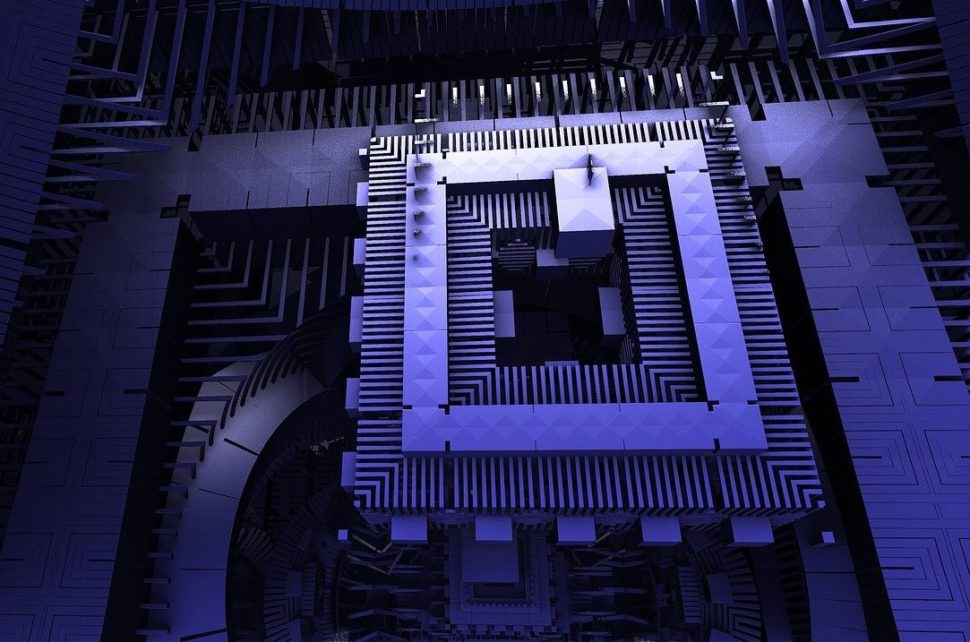You may have come across article headlines stating that we’re entering the quantum computer age.
While this is true, research into these types of systems is still ongoing. So, conventional computers still outperform some quantum systems by a wide margin.
However, the technology’s potential applications are astonishing. That’s why established companies such as IBM, Microsoft, and Google are investing time and effort into this area of research.
Recently, a College Park, Maryland-based quantum computing hardware and software company, IonQ, joined that list.
Since the tech is relatively new, quantum computer makers explore different approaches to building them. For example, IBM and Google rely on superconducting qubits to develop their systems.
On the other hand, D-wave uses annealer technology, which involves cooling qubits during an algorithm‘s execution. That way, it becomes possible to change their value passively.
Meanwhile, IonQ’s approach differs from the previous methods of building quantum systems.
In a statement to the press, IonQ Co-Founder & CTO, Jungsang Kim said:
“The technology underpinning IonQ’s new system is based on decades of proven research and advancements, and our unique architecture provides essential computational efficiencies as the system scales up.”
Here’s what they did.
Developing a Quantum Computer with a Lower Error Rate

IonQ uses a “flexible” Ion Trap Technology approach to develop quantum systems.
It involves using electromagnetic fields to deploy and trap atomic qubits on a silicon chip. That way, the quantum cores can adjust their configuration in software and scale to handle more qubits.
The reason for this approach is to account for the errors that occur when qubits are used.
Some quantum computer makers believe that the best approach to deal with error correction is to put more qubits in the machine. After that, they can use separate systems to deal with resulting errors.
IonQ, on the other hand, is trying to develop qubits that are less error prone. And this could entail reducing the number of qubits in the system.
For instance, quantum computers by IBM and Google have about 50 qubits. By comparison, IonQ’s system has only 32 qubits. However, it also has a lower error rate to give the system 99.9 percent fidelity.
What’s more, plugging the rate into a metric that IBM devised gives the system a quantum volume of over four million. According to the startup, that’s the highest ever reported for quantum computers.
That’s why they’re claiming that it’s the most powerful computer built to date based on IBM’s quantum volume metric. IonQ also stated that the computer should be available to customers soon.



















Comments (0)
Most Recent